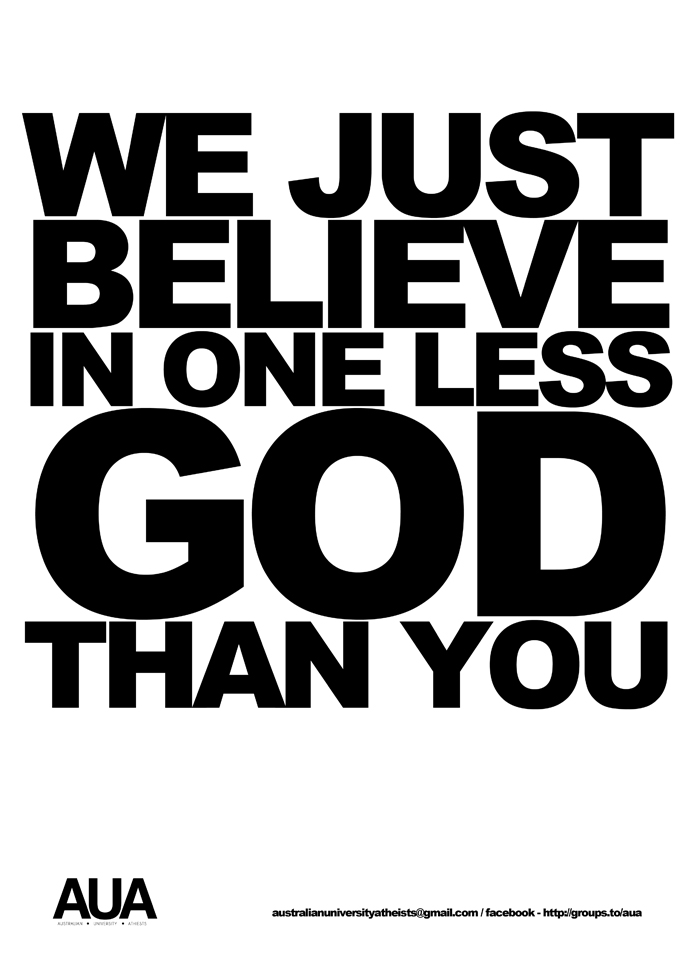
But in your hearts honor Christ the Lord as holy, always being prepared to make a defense to anyone who asks you for a reason for the hope that is in you; yet do it with gentleness and respect. 1 Peter 3:15
Christian apologetics has its justification in this verse from 1 Peter. Be prepared to make a defense of your faith. How one defends the faith has changed from the early centuries of the church. In the last few hundred years, with its appeals to reason, Christian apologetics has been distinctly Modern. But, it seems the times are changing again. Apologetics as we know it will be changing. Interestingly, it may be changing toward something similar to an ancient apologetic.
Modern apologetics developed in the context of Modernism, a worldview that came to full flowering in the latter half of the 19th century. If you need a refresher on the basic ideas of Modernism, here is a short video.
In this battle of ideas, Christians used the weapons of Modernism against it. We used appeals to autonomous, objective, supposedly neutral, Reason. But it wasn’t just using Modern weapons against Modernism. The Church itself was greatly influenced by Modernism. We came to accept the primacy of Reason as the arbiter of Truth–we sometimes lost sight of the fact that human reason is fallen, like every other good thing that God has made.
So now we find ourselves in the transition from Modern society to a postmodern one. Christian apologetics will need to change as well. But, it seems to me, on the popular level, it still leans into a more Modern flavour of apologetics. Logical, historical, scientific evidence is offered to argue the existence of God, the reliability of the Gospels and the historical Resurrection of Jesus. The problem is that the old Modern approach is becoming less and less convincing to a growing segment of our culture. The one that doesn’t put too much stock into any truth claims, let alone those of religion. Because we are in this transition to a more postmodern society, we have now an opportunity for Christian apologetics to recover a more ancient apologetic–one that will resonate more with our culture.
So what is the difference between the Modern and the postmodern approaches to apologetics?
The truth of the Resurrection is central to the Faith. The modern apologist will defend by demonstrating that the Biblical account of the resurrection is historical using the accepted rational principles for investigating historical events. It will point to the four gospels which include eyewitness testimonies of the resurrected Christ. It will point to the works of pagan and Jewish writers who confirm that the early Christians believed that Jesus has risen from the dead. They will point to the martyrs who willingly died rather than deny they had seen the risen Lord. They will point to the empty grave and the behaviour of the Jewish authorities who would have been very eager to produce the body. The explosive growth of believers in Jerusalem is another piece of historical evidence, as is that Jesus predicted his death and resurrection in advance. I recently heard a very interesting sermon on the arrangement of the grave clothes in the empty tomb that were evidence not only of the Resurrections, but of the characteristics of the resurrected body. It was a great sermon. Using these, and other rational arguments, the modern apologist will demonstrate the truth of the Biblical account of the resurrection.
What apologetic approach will resonate with a postmodern audience?
Stories, habits, routines, patterns of living will speak more loudly to a postmodern audience than argument.
Integrity is key. We tell the same story that we live. Then shape of our lives will be the new apologetic.
And I am not talking about individuals here. This is about communities–Christian communities that are conformed to Christ by his Spirit This is the new apologetic.
We are talking about the Church here. It is The body of Christ. The Church, then, is the foundation of our apologetic.
The new apologetic is the Christian life. Being sanctified through living in community. Our sanctification will be seen in how we live, day to day; it will show the fruit of our core commitments to the life into which Jesus calls us.
* * *
Postmodernism is a challenge to the idols of Modernism. It sometimes feels like it is the new enemy of the faith, but it’s often just the enemy of the modern ideas that have been syncretized into our Christian expression. In some very important ways, postmodernism is a means by which we can reconnect with an ancient apologetic.
The Modern worldview is still out there, and it is still appropriate to engage this view with rational arguments, understanding that reason is not neutral, nor objective. But our culture is in transition. Who knows where it will end up, but in the meantime, we are going to be encountering postmodernism as well.
So we will need to have two apologetics.








